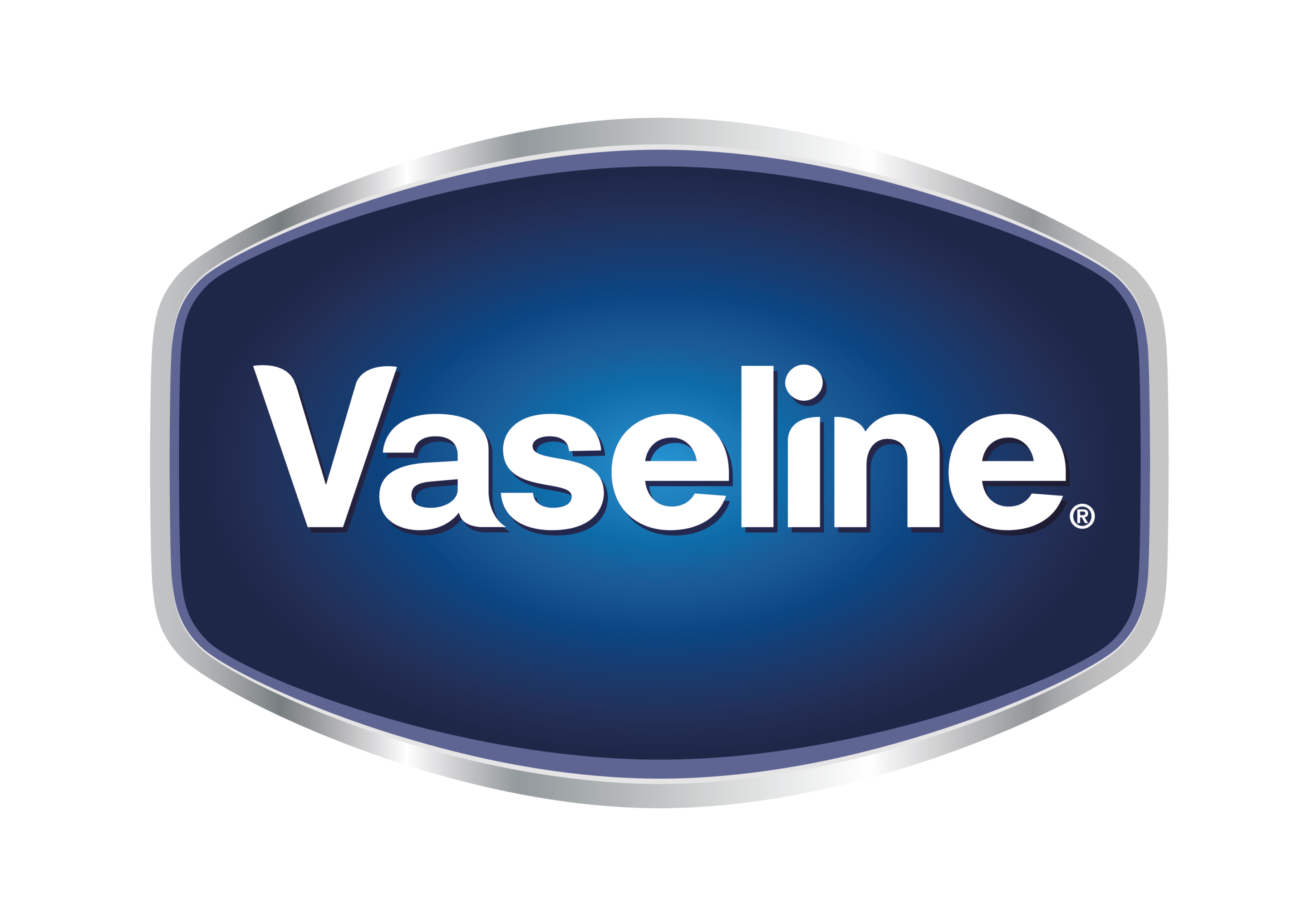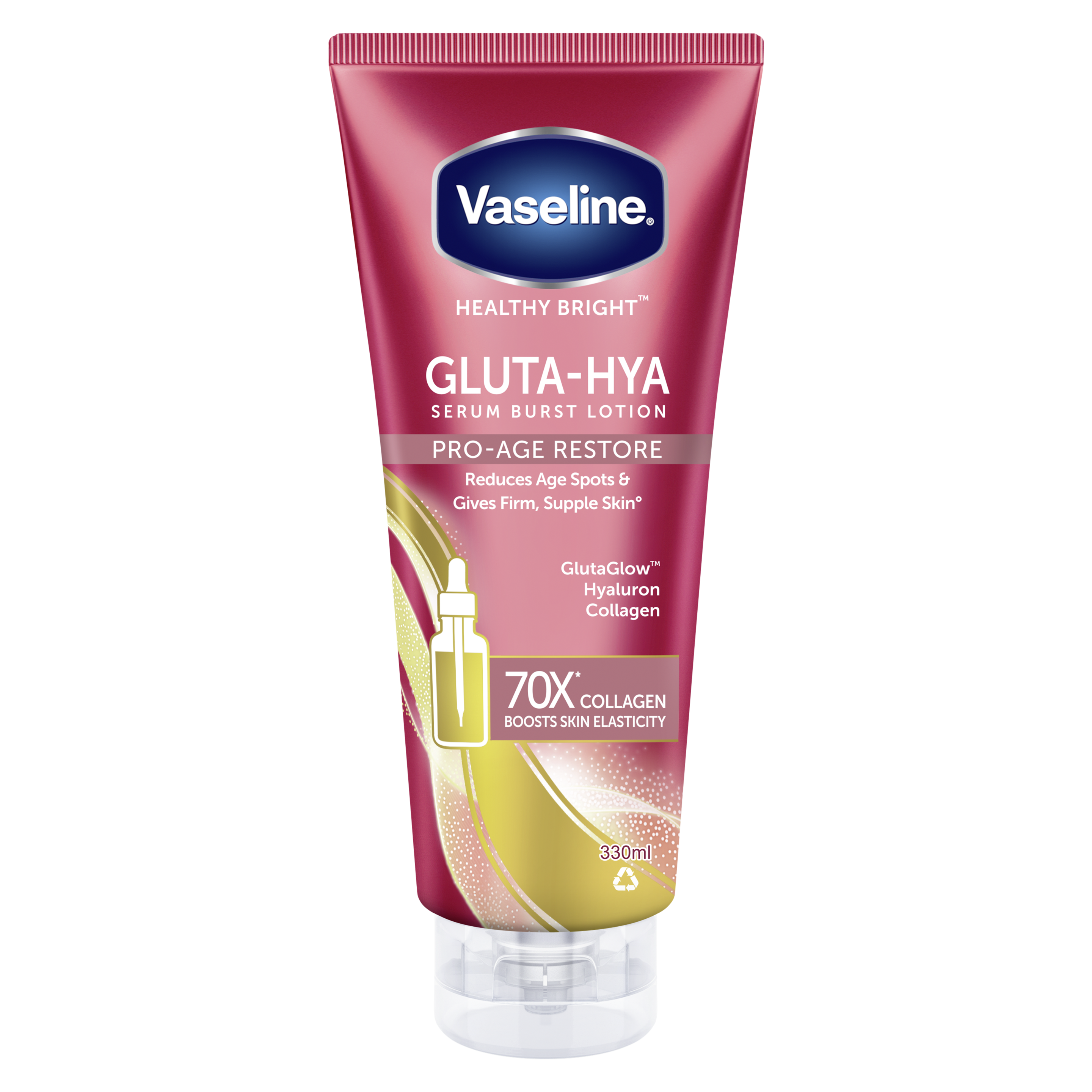Skip to content
Menopause Skin Symptoms
Discover the benefits of looking out for your skin.
When it comes to taking care of ourselves, we all know the importance of exercise, a smart diet and good sleep. But there’s one aspect of wellness that not enough people pay attention to: skin health. Read on for healthy skin facts.
What is skin health?
On a functional level, it means your skin is working properly. It means it’s sufficiently hydrated and therefore able to protect you from environmental damage. When your skin is well cared for, you’re free from dryness. Healthy skin feels comfortable and looks beautiful.
Why skin health matters: The benefits of healthy skin
- Healthy skin is your first line of defense.
Skin is your body’s largest organ, accounting for around 16% of your body weight. Its most important functions are keeping moisture in and keeping bad stuff out. The top layer of skin—also known as the stratum corneum—is approximately 40 micrometers thick or about the thickness of a fine human hair. In this thin top layer, skin cells protect against infection-causing microbes and bacteria. However, the stratum corneum is also highly susceptible to dryness and damage. If dryness penetrates too deeply, it affects skin cells, leaving them too weak and underdeveloped to protect you from the outside world. - It’s health that you can see.
Skin’s surface reflects what’s going on underneath. If skin cells are tight and stiff, your skin will feel itchy and uncomfortable at the surface. Skin damage can begin days before you see any signs of dryness. If dryness penetrates the skin’s layers too deeply, it can lead to visible damage like flaky or irritated skin. - Skin is your lifelong companion.
Due to natural renewal processes, the top layer of your skin today isn’t the same you had when you were 5 years old, or even a month ago. Skin changes as you grow. From soft, sensitive baby skin to adolescent oiliness to the drier skin of later years, your skin is there to protect you through it all. Just like exercising and watching what you eat, caring for your skin is a major factor in maintaining overall health. Keep skin healthy by using a healing moisturizer regularly
Expert Advice
The advice in this article does not constitute medical advice, it is solely available for information purposes.Discover how to treat skin changes during menopause.
- Knowing what to expect from menopause can help you prepare for it. While some skin changes during menopause are inevitable, adapting your beauty routine can help minimize the overall effects.
- Why Does Menopause Affect Skin?
Menopause causes changes in your body. During perimenopause, production of estrogen – the “female hormone” – decreases. Estrogen stimulates collagen, the protein that gives skin its elasticity and keeps it healthy.
As estrogen declines, less collagen is produced. This is responsible for a number of the menopausal skin problems women experience.
- What Menopause Skin Changes to Expect
Most skin changes are minor and unlikely to make a difference to your daily life, others can be more challenging. Here we go through the main changes to expect and what you can do to minimize their effects.
Dry Skin – As well as controlling collagen levels, estrogen stimulates the production of oils that keep your skin moisturized. This lack of moisture can dry out your skin, causing itchiness.
What Can You Do? – Combat dry skin by having warm showers instead of hot. Wearing protective gloves in cold weather or even when sleeping can help the skin on your hands. Moisturize damp skin with Vaseline® Mature Skin Rejuvenation Lotion to revitalize dry skin.
Wrinkles – Wrinkles are one of the most familiar signs of aging. They’re caused by a decrease in natural oils in your skin. The fat in the deeper layers of skin starts to sag, leaving skin looser. This looseness causes a wrinkled appearance.
What Can You Do? – Every person will get wrinkles as they age. It’s perfectly natural, and rarely a cause for medical concern. There are plenty of products available to smooth the appearance of wrinkles. Retinoids are derivatives of vitamin A and have antioxidant properties that can help reduce the appearance of wrinkles. Ensure your diet features plenty of vitamin A to keep your skin looking healthy.
Adult Acne – This is common amongst menopausal women due to the changes in hormone levels. Adult acne can also be caused by stress. The body produces androgens (a hormone found in men and women) in stressful times. Androgens stimulate the oil glands, increasing the likelihood of acne.
What Can You Do? – Retinoids can also help to combat adult acne. They remove dead skin cells, essentially exfoliating your skin. Try to maintain a balanced diet and remember to take time out for yourself – stress is another key cause of acne.
Hair Loss – As well as adult acne, hormonal changes during menopause can cause hair loss. Menopause lowers estrogen and progesterone levels. These hormones help hair grow and last longer, so their declining production can cause hair to thin. The decrease of these hormones also increases the production of androgens (the hormones that increase oil production). Androgens shrink the hair follicles, causing hair loss. Hair loss can also be a sign of a thyroid issue so it’s worth checking with your doctor.
What Can You Do? – Hair loss relating to hormonal changes is temporary, but that may not stop you from feeling self-conscious. If your hair is thinning dramatically, or coming out in clumps, you should visit your doctor. Your doctor can investigate the cause and prescribe appropriate treatment.
Hair Growth – Some women also experience growth of facial hair, usually on the chin. There’s no clear reason as to why this happens, but it could be from fluctuating hormonal levels.
What Can You Do? – If you notice hair growing around your face, neck and chin, consult your doctor. Your doctor should be able to run a test to check your hormone levels and find out what’s happening. There are, of course, many easy ways to remove unwanted facial hair. Home methods such as shaving, waxing and plucking work well. For long term treatment, you could consider laser removal.
- Embracing Menopause
Menopause is a natural process that all women go through. While some symptoms may seem difficult to cope with at first, simply looking after yourself and your skin will help you to take menopause in your stride.
Expert Advice
The advice in this article does not constitute medical advice, it is solely available for information purposes.
FEATURED PRODUCTS
With 70X Collagen, achieve Radiant & Firm skin with Vaseline® Gluta-Hya Pro-Age Restore. Powered by Gluta-Glow technology, it is 10X more powerful than Vitamin C.
- slide 1







